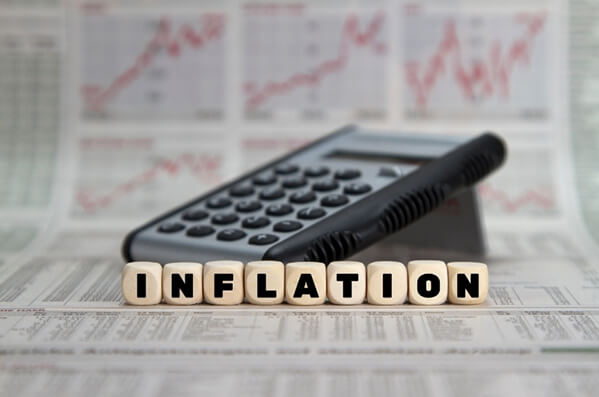By Jon Powell, CFP® Inflation is all over the news these days along with constant talk of how your purchasing power is being washed down the drain. If you’re like many of our clients, you’re probably wondering what this means for your government pension and if there’s any way to protect your savings. At Ferguson […]

